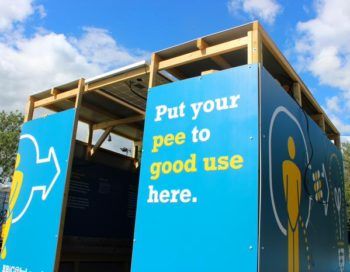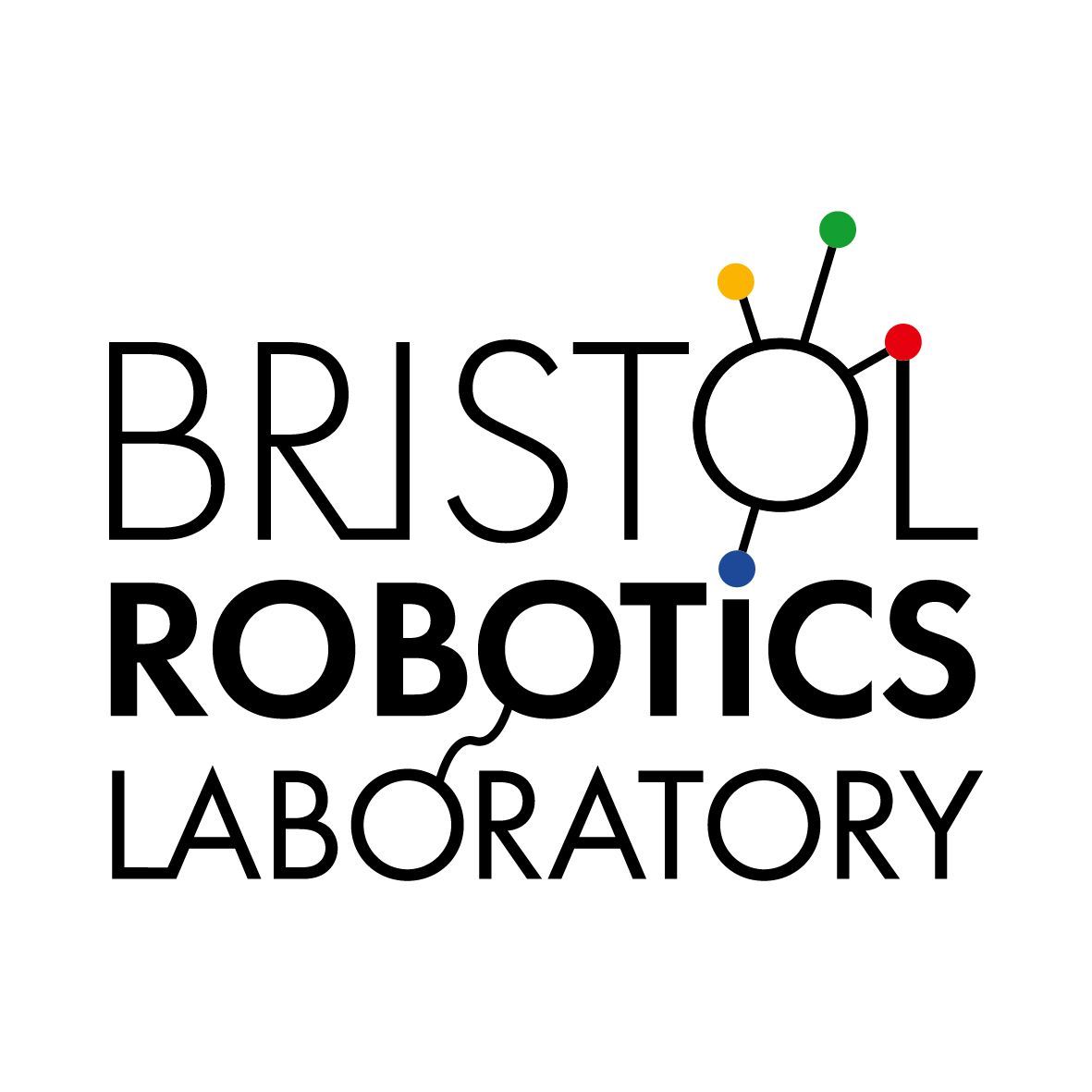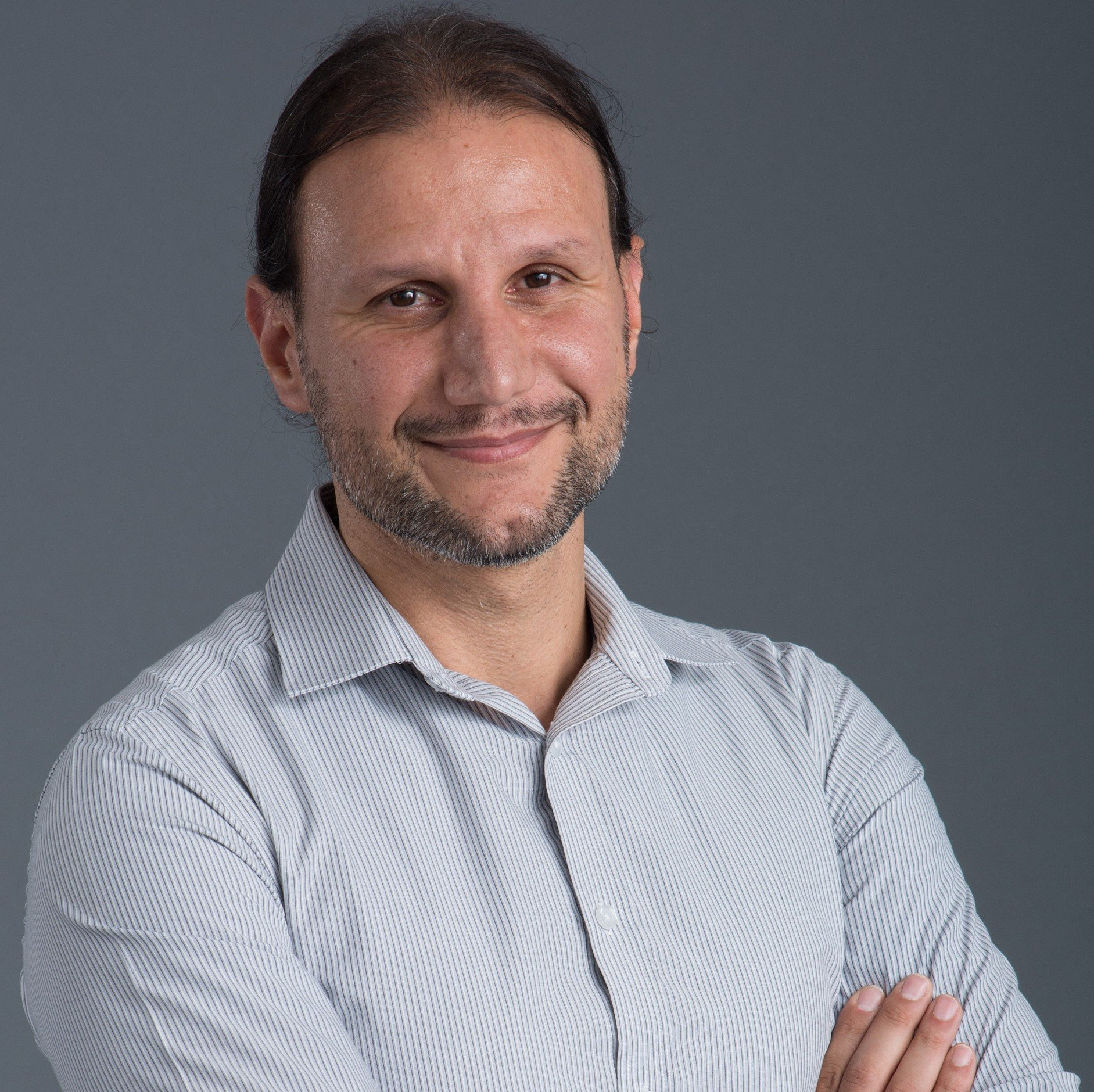Bristol BioEnergy Centre
Research into overcoming the energy barrier to deployment of autonomous robots in remote areas utilising microbial fuel cells.
The Microbial Fuel Cell (MFC) is a technology that can directly convert organic waste into electricity.
The Bioenergy and Self Sustainable Systems Theme is all about bringing this technology to the real world and making the utilisation of waste into energy a reality. Furthermore, being able to generate electricity from naturally occurring biomass, gives robots a novel degree of autonomy that allows their prolonged operation in environments that are inaccessible or even lethal to human beings.
What if your urine had the ability to be sourced as a fuel to provide electricity? It is what Pee Power technology has accomplished through its innovation of microbial fuel cells that channel urine through to create clean and sustainable energy.
KXSF.FM's Kellee Marlow talks with Professor Ioannis Ieropoulos, the innovator of Pee Power about the potential of this clean energy source.
Key Breakthrough Development
The team has recently demonstrated for the first time the charging of a commercially available mobile phone, using Microbial Fuel Cells (MFCs) fed with real neat urine. The membrane-less MFCs were made out of ceramic material and employed plain carbon based electrodes.
View the relevant scientific publication.
Robial: Advancing PEE POWER® Technology
A spin out venture has been formed to commercialise technology developed at the University of the West of England (UWE Bristol) that converts urine and other types of wastewater into electricity.
Robial, a social enterprise, will advance the innovative PEE POWER® technology that emerged from a PhD research project at the university 17 years ago. The system developed at Bristol Robotics Laboratory (BRL) can turn organic matter such as urine into enough electricity to power lighting or charge mobile phones. At the same time, it sanitises urine and produces plant fertilizer as a natural by-product.
Funded by the Bill & Melinda Gates Foundation, EPSRC and the EU, the technology has been successfully trialled at Glastonbury Festival and introduced at schools in Africa with limited access to mains electricity.
Robial has been formed with the support of Oxentia, an innovation and transformation consultancy, helping to develop and grow the potential of the technology, initially within the humanitarian sector and subsequently into other market sectors.
Press Release: https://info.uwe.ac.uk/news/uwenews/news.aspx?id=3882
Microbial Fuel Cell Research Projects
BBiC News
TEDx event with Dr Winfield
23rd January 2016
Dr Jon Winfield discusses the value of wastewater and that our bladders are in fact fuel tanks able to power phone calls, robots and more.
Jonathan is a senior researcher and lecturer at the Bristol Bioenergy Centre. He has worked extensively with microbial fuel cells, a technology that employs bacteria to make electricity.
Podcasts











